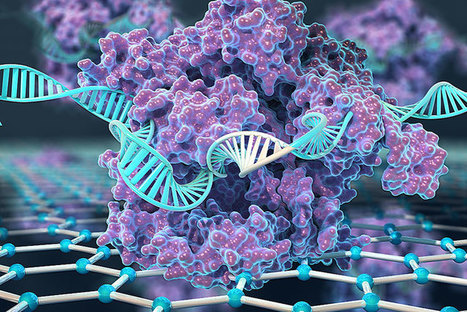A new study has found that the evolutionary trajectory of a genome may be influenced by its evolutionary history, rather than determined by numerous factors and historical accidents
This could allow scientists to explore which genes could be useful to tackle real-world issues such as antibiotic resistance, disease, and climate change.
We can use this approach to synthesize new kinds of genetic constructs that could be used to develop new drugs or vaccines.
The implications of the research are far-reaching and could lead to:
- Novel Genome Design—allowing scientists to design synthetic genomes and providing a roadmap for the predictable manipulation of genetic material.
- Combating Antibiotic Resistance—Understanding the dependencies between genes can help identify the 'supporting cast' of genes that make antibiotic resistance possible, paving the way for targeted treatments.
- Climate Change Mitigation—Insights from the study could inform the design of microorganisms engineered to capture carbon or degrade pollutants, thereby contributing to efforts to combat climate change.
- Medical Applications—The predictability of gene interactions could revolutionize personalized medicine by providing new metrics for disease risk and treatment efficacy
more at the original source https://phys.org/news/2024-01-evolution-random-previously-thought.html
Read the full article at: phys.org
Via nrip



 Your new post is loading...
Your new post is loading...










